In a groundbreaking discovery, scientists at the National University of Singapore have tapped into the hidden power of DNA to revolutionize the way medicines are made. By harnessing the catalytic potential of DNA's phosphate groups, researchers have found a way to simplify the production of chiral drug molecules, reducing waste and energy use in the process.
Meet Dr. Rachel Lee, a biochemist at NUS who has spent years studying the intricacies of DNA's role in chemical reactions. Her team's breakthrough has the potential to transform the pharmaceutical industry, making it more efficient, sustainable, and cost-effective. "We've always known that DNA is more than just a blueprint for life," Dr. Lee explains. "But to see its potential as a tool for creating medicines is truly exciting."
The problem with traditional chiral drug production lies in the complexity of creating the correct mirror-image form of molecules. This process often requires multiple steps, generating significant waste and energy consumption. The new approach, however, uses DNA's phosphate groups to guide chemical reactions, ensuring the correct formation of chiral molecules. "It's like having a tiny 'hand' that helps the reaction go in the right direction," Dr. Lee says.
The team's innovation relies on a novel scanning method called PS scanning, which allows researchers to pinpoint the specific regions of DNA responsible for guiding reactions. This breakthrough has far-reaching implications for the field of green chemistry, where the goal is to create sustainable and environmentally friendly processes.
Dr. Lee's team is not alone in their pursuit of harnessing DNA's power. Researchers around the world are exploring the potential of DNA as a tool for creating medicines, from developing new cancer treatments to improving vaccine production. "The possibilities are endless," says Dr. John Taylor, a leading expert in DNA-based chemistry. "We're just beginning to scratch the surface of what DNA can do."
As the pharmaceutical industry continues to evolve, the use of DNA as a tool for creating medicines is likely to play a significant role. With its potential to reduce waste and energy consumption, this approach has the potential to make a real difference in the lives of people around the world. "We're not just talking about a new technology," Dr. Lee says. "We're talking about a new way of thinking about how we create medicines."
The future of medicine is looking brighter than ever, thanks to the hidden power of DNA. As researchers continue to explore the potential of this remarkable molecule, one thing is clear: the possibilities are endless, and the impact will be felt for generations to come.
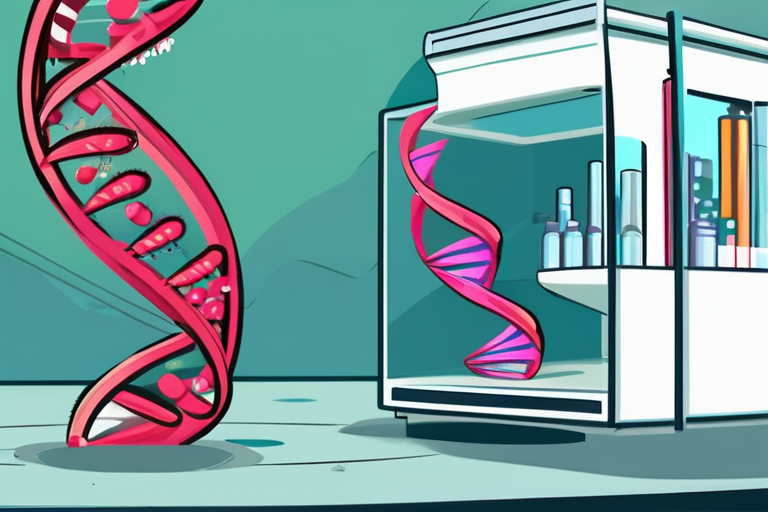


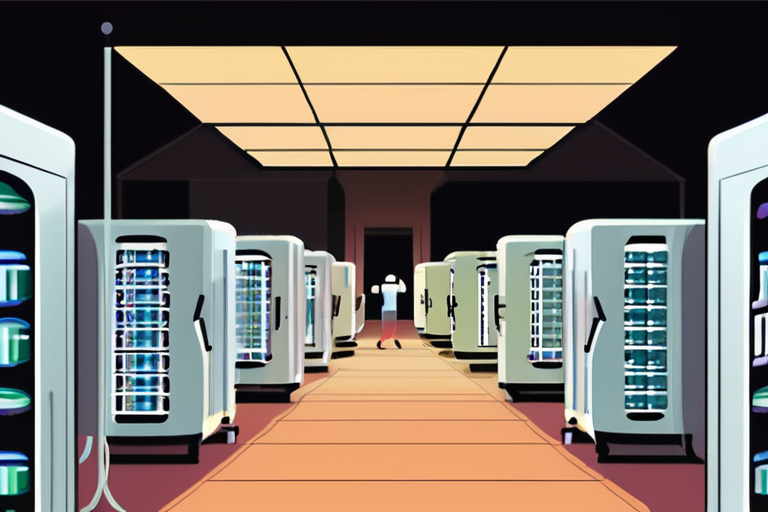
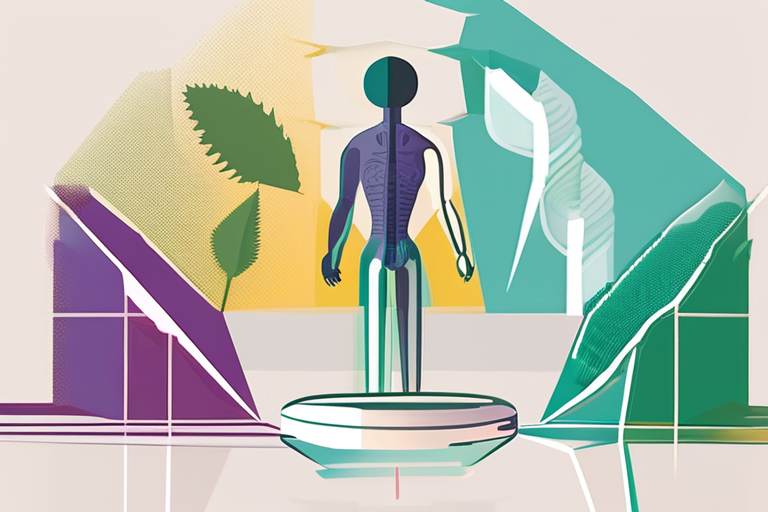
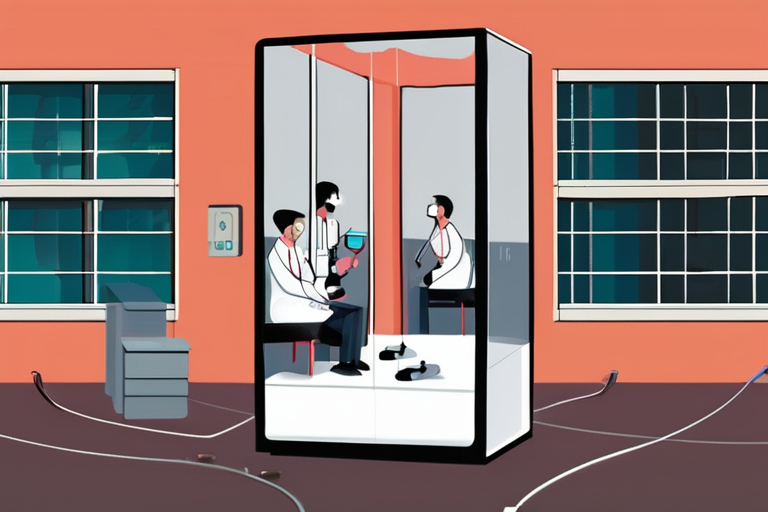
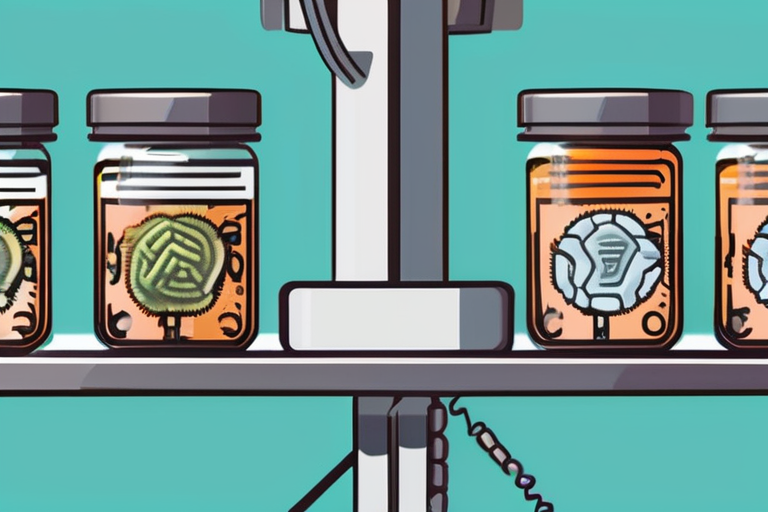
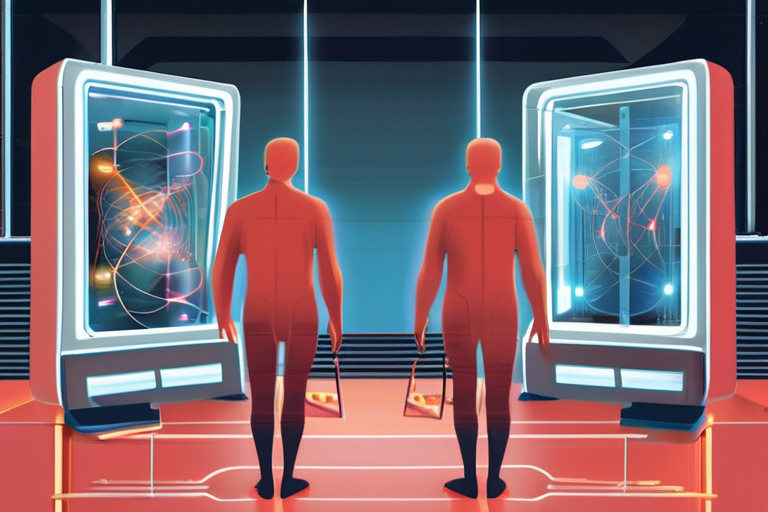
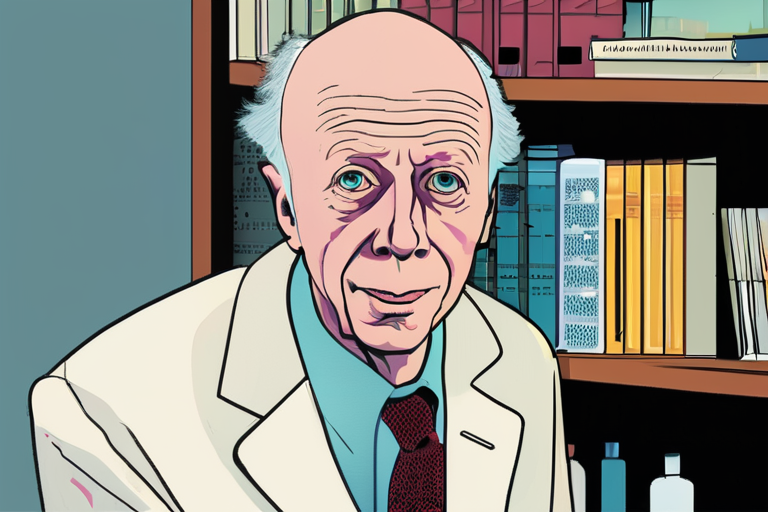
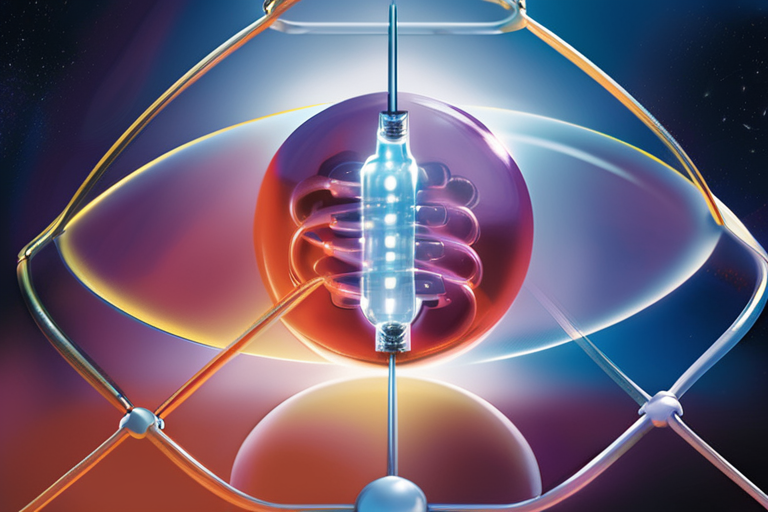
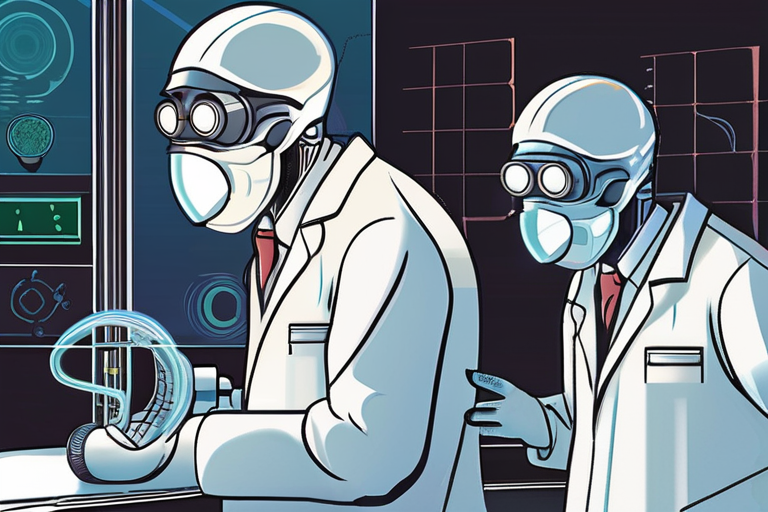
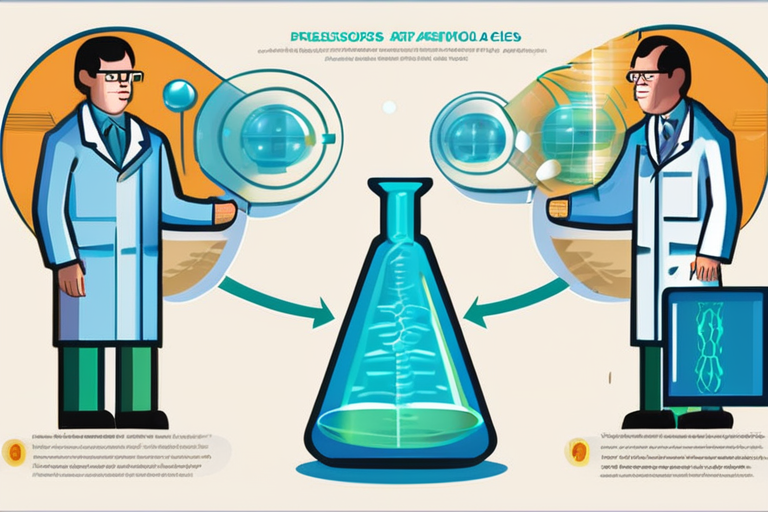
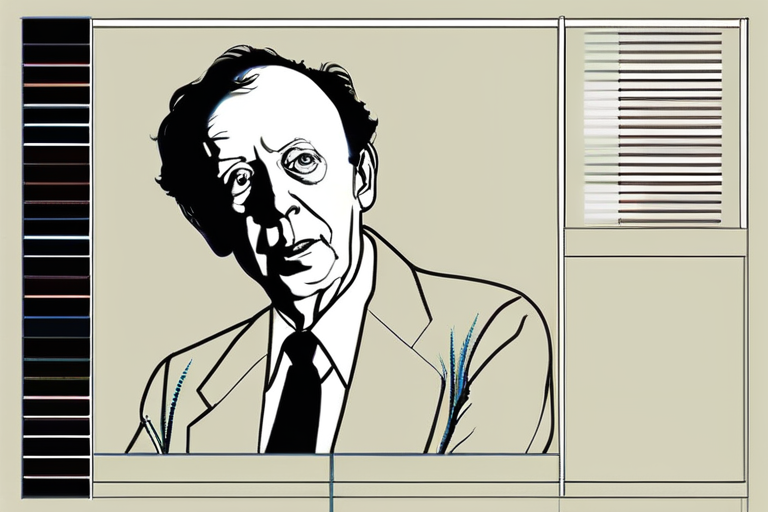
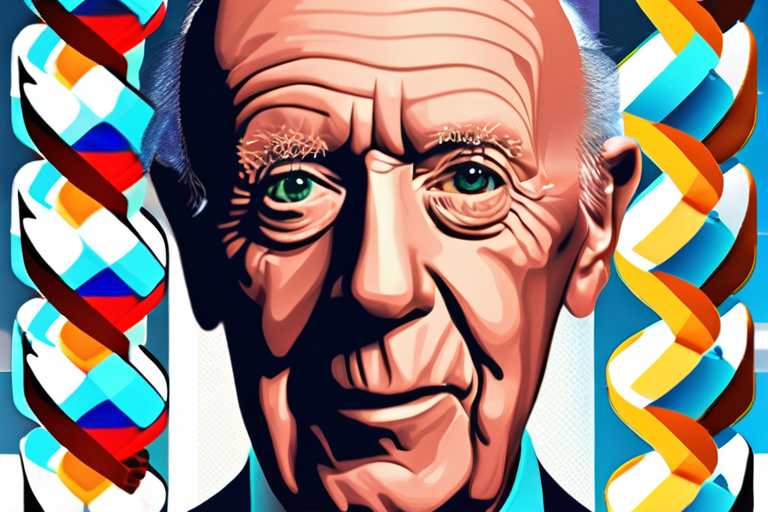
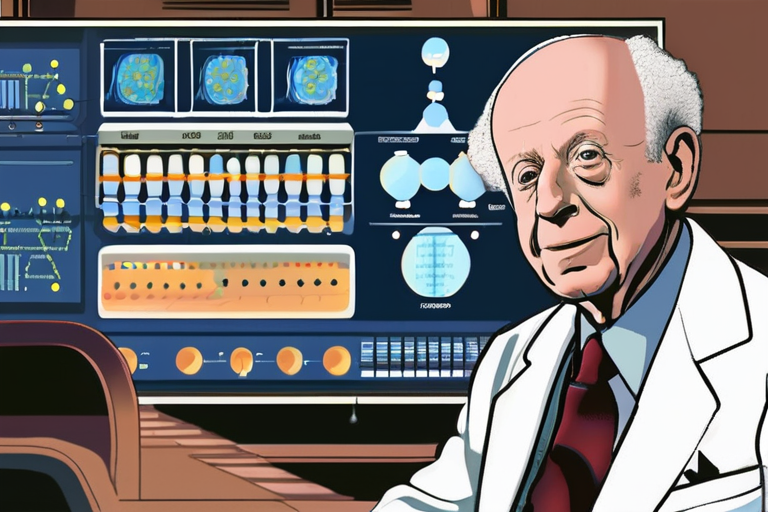
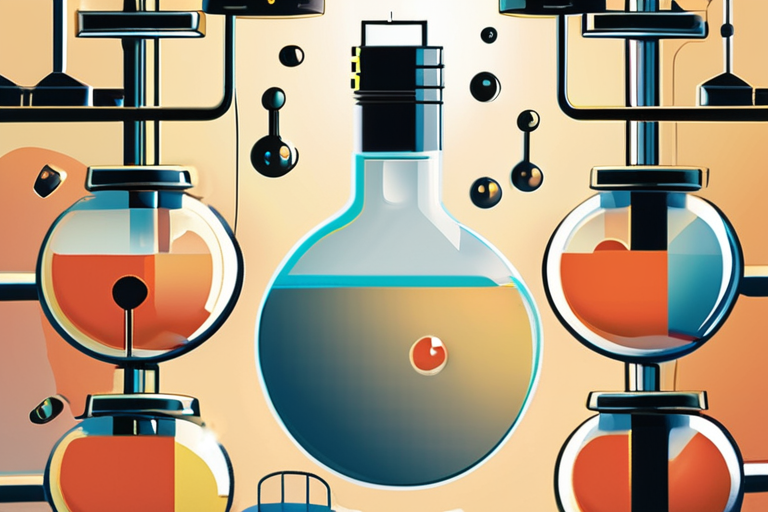
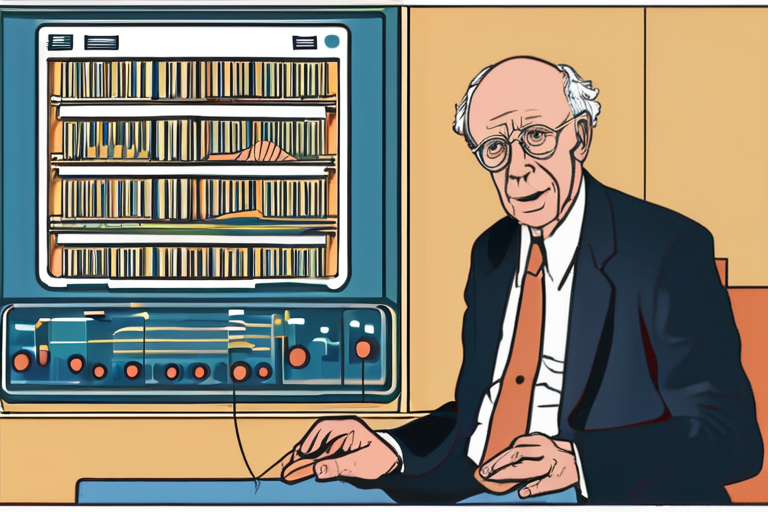
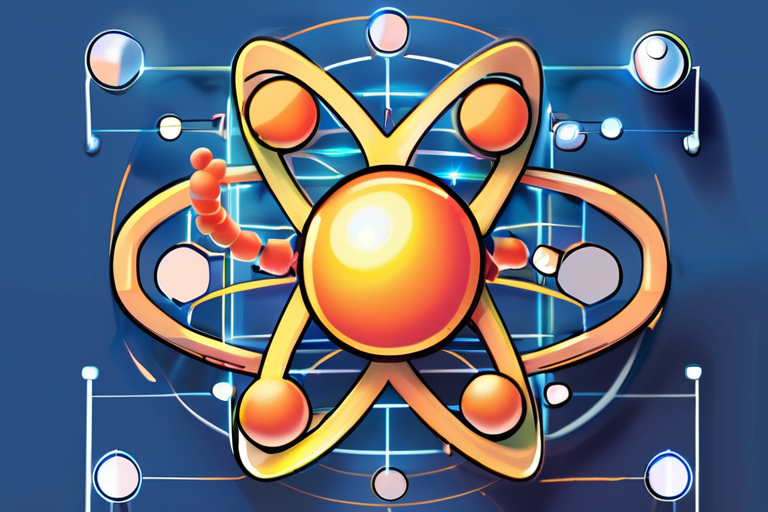
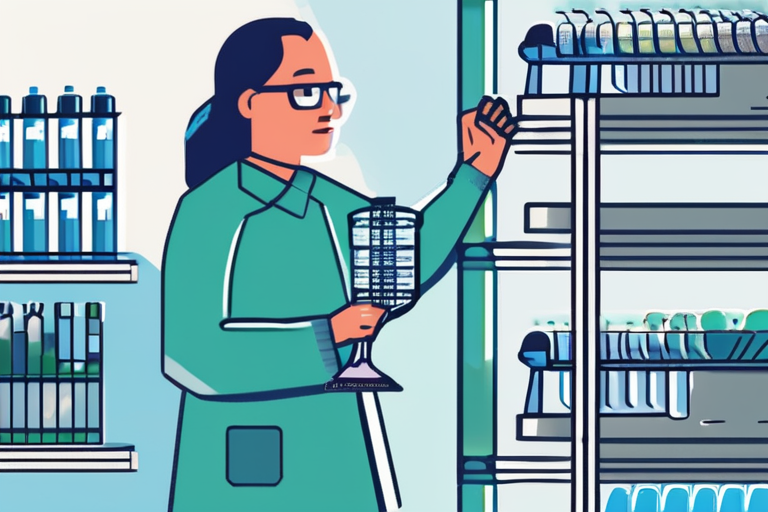
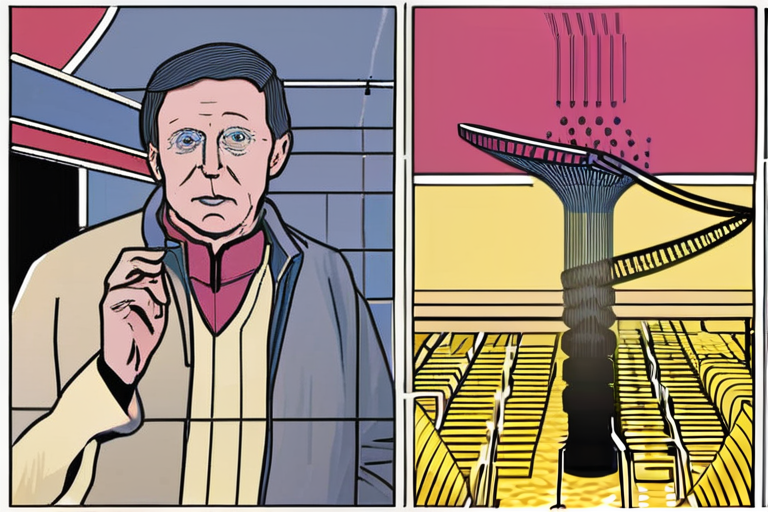
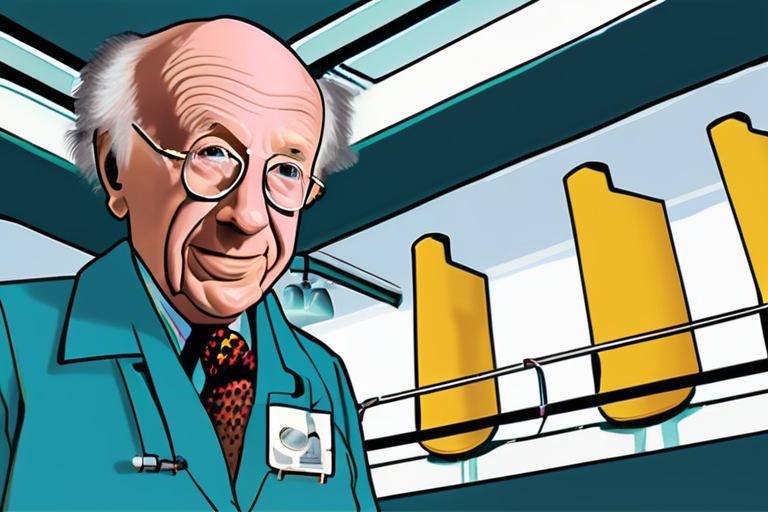
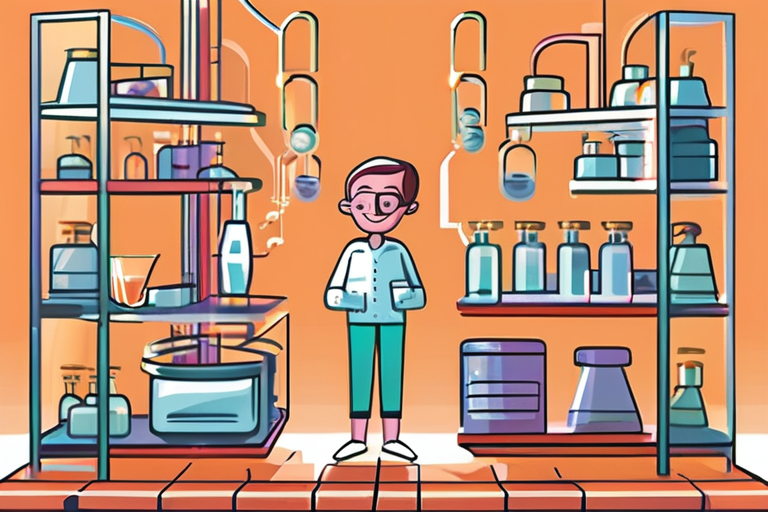
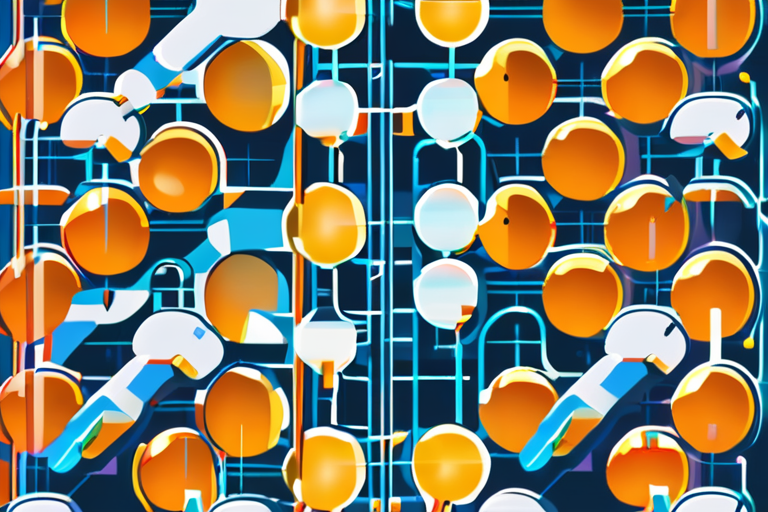
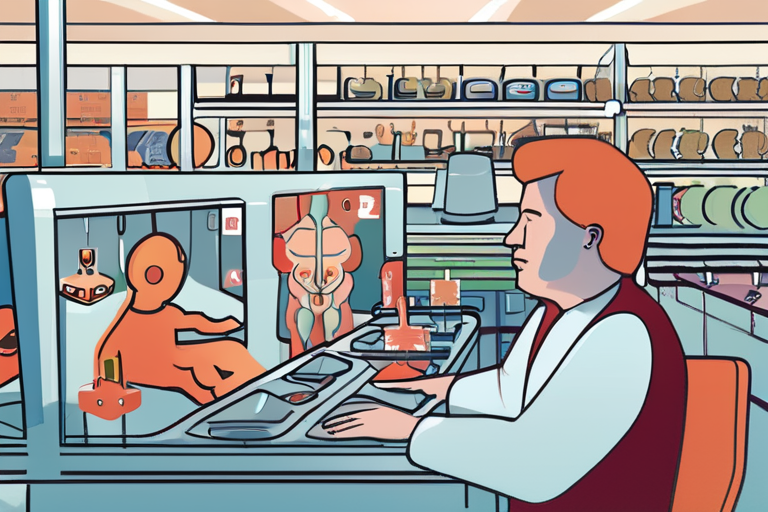
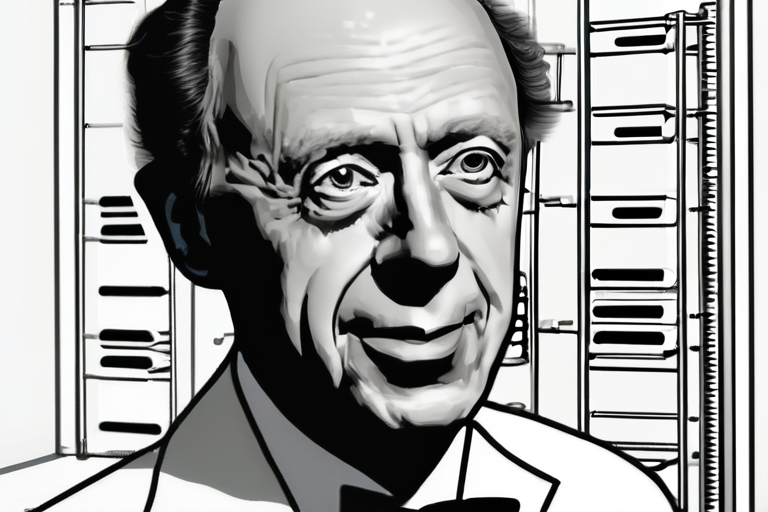
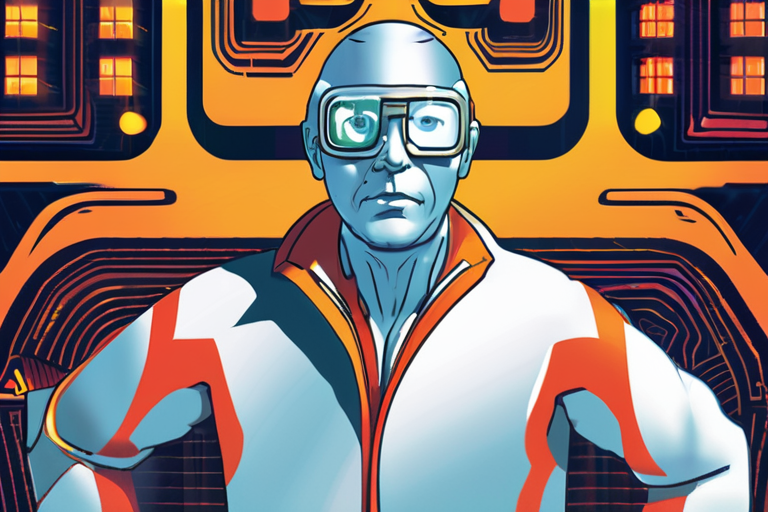
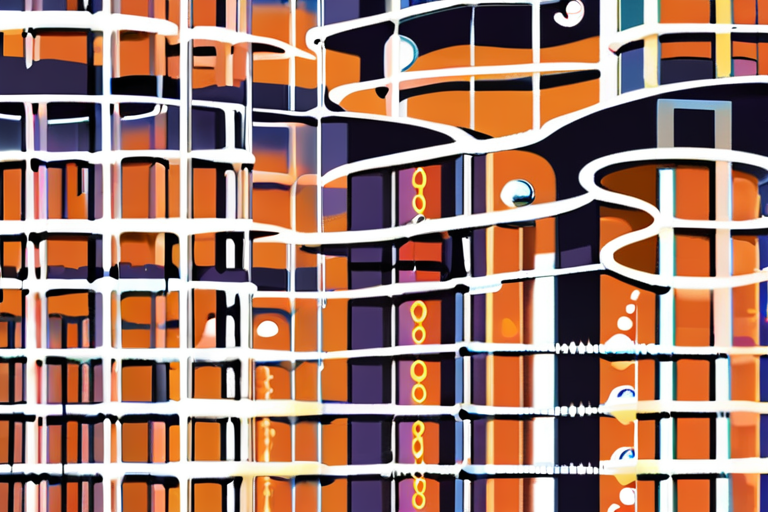
Share & Engage Share
Share this article